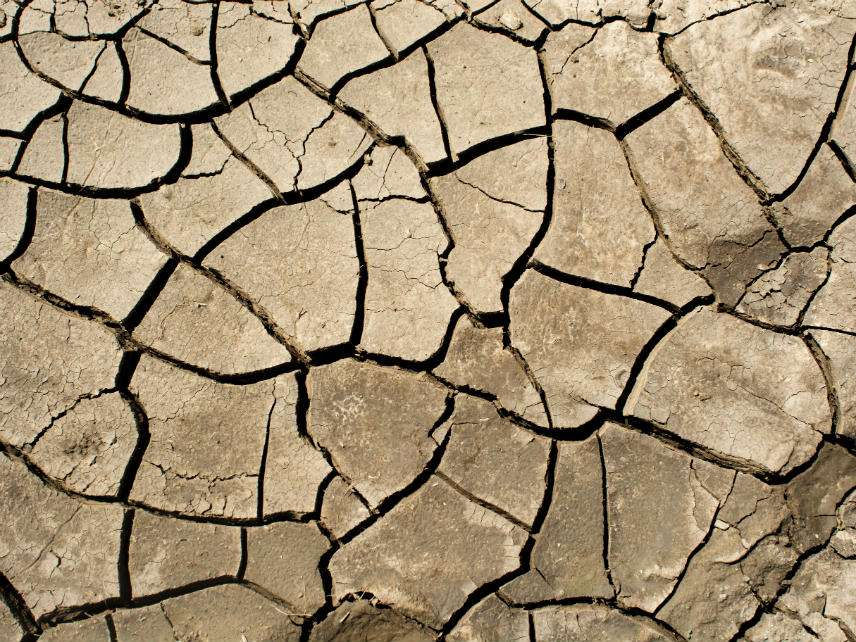California Wants to Fine You $500 for Washing Your Car With a Garden Hose
- OurStudio

- Feb 22, 2018
- 3 min read

Vladyslav Bashutskyy/Dreamstime.com
Californians will have to start living with dusty cars and dry lawns if the state's Water Resource Control Board has its way.
The Board is proposing a number of strict prohibitions on water use to deal with a recently declared drought in southern California, including bans on washing your vehicle with a garden hose, watering your garden 48 hours after it rains, and even hosing down your driveway.
Businesses and cities will be affected too. No longer would your local government be allowed to water parkway median strips, nor would hotels be permitted to wash towels and sheets without first giving guests the chance to reuse them. Restaurants would be barred from offering unsolicited glasses of water during a state-declared drought.
If the Board's proposal goes into effect, engaging in any of this sort of water usage will earn the violator a hefty $500 fine.
The rules were first imposed on a temporary basis at the direction of California Governor Jerry Brown during the state's 2014 drought, and were phased out as the effects of the drought lessened in 2017. But with U.S. Department of Agriculture's Drought Monitor declaring 44 percent of the state to be in moderate to severe drought last week, The Water Resource Control Board is proposing to make them permanent.
Water Board Chairwoman Felicia Marcus told the Santa Rosa Press Democrat, "We're not in an emergency right now, but shame on us if we just bury our heads in the sand…allow people to go out and waste water by washing down the driveway with a hose when a broom would do."
Despite the Board's stated worries about waste, the proposed regulations would do little to curb water usage.
Of the 3.5 million acre-feet of water saved by all conservation methods during California's 2014-2017 drought, the Water Board estimates that only 1 percent of the savings—some 12,489 acre-feet—was a result of the end-user restrictions that might soon become permanent.
That's because the kinds of behaviors targeted by the proposed regulations make up a tiny fraction of California's water usage.
According to numbers compiled between 1998-2010 by the state's Water Resource Department, only 10 percent of California's water is consumed by urban uses across the state. Some 50 percent is used for environmental purposes, such as keeping streams and riverbeds wet. Another 40 percent is sucked up by the state's agribusinesses.
California's water woes, says Reed Watson, an environmental economics professor at Clemson University, will not be solved by piling on more restrictions on end-users.
"The fact is, if you look anywhere in the United States, water use restrictions do not address the systematic issue, which is price," Watson tells Reason.
California's system of water rights privileges agricultural interests, while restricting the ability of everyone in the system to trade the water rights they do have to the people willing to pay for it.
The result is a non-functioning pricing system that sells water to farmers for pennies per every thousand gallons, while urban users often shell out $2 to $3 for the same quantity.
Some of that price difference, says Walters, is the result of the higher costs involved in getting water to lawns in Los Angeles compared to alfalfa farms in California's central valley. A lot of it however has to do with the red tape on trading water rights between different uses.
A recent report by the R Street Institute and the Property and Environment Research Center found that the average price to transfer water from an agricultural user to a municipal user is $7,000 per acre-foot higher than transferring the same quantity between two agricultural users.
The dysfunctional, government-imposed price system leads California farmers to continue growing water-intensive crops in the midst of severe droughts. So far, the state has responded to this problem by restricting water usage, rather than by allowing for more market-driven pricing.
But says Watson, that such an approach is doomed to failure.
"Any proposed restriction that doesn't effect price is going to be ineffective at addressing the issue. A better way to do it is to charge people the full cost of their water and let them trade," he tells Reason. "Only when you do that will you have lack of waste."
The Water Resource Control Board is accepting public comment on its restrictions for another two weeks. No date has been set for finalizing the rules.




Comments